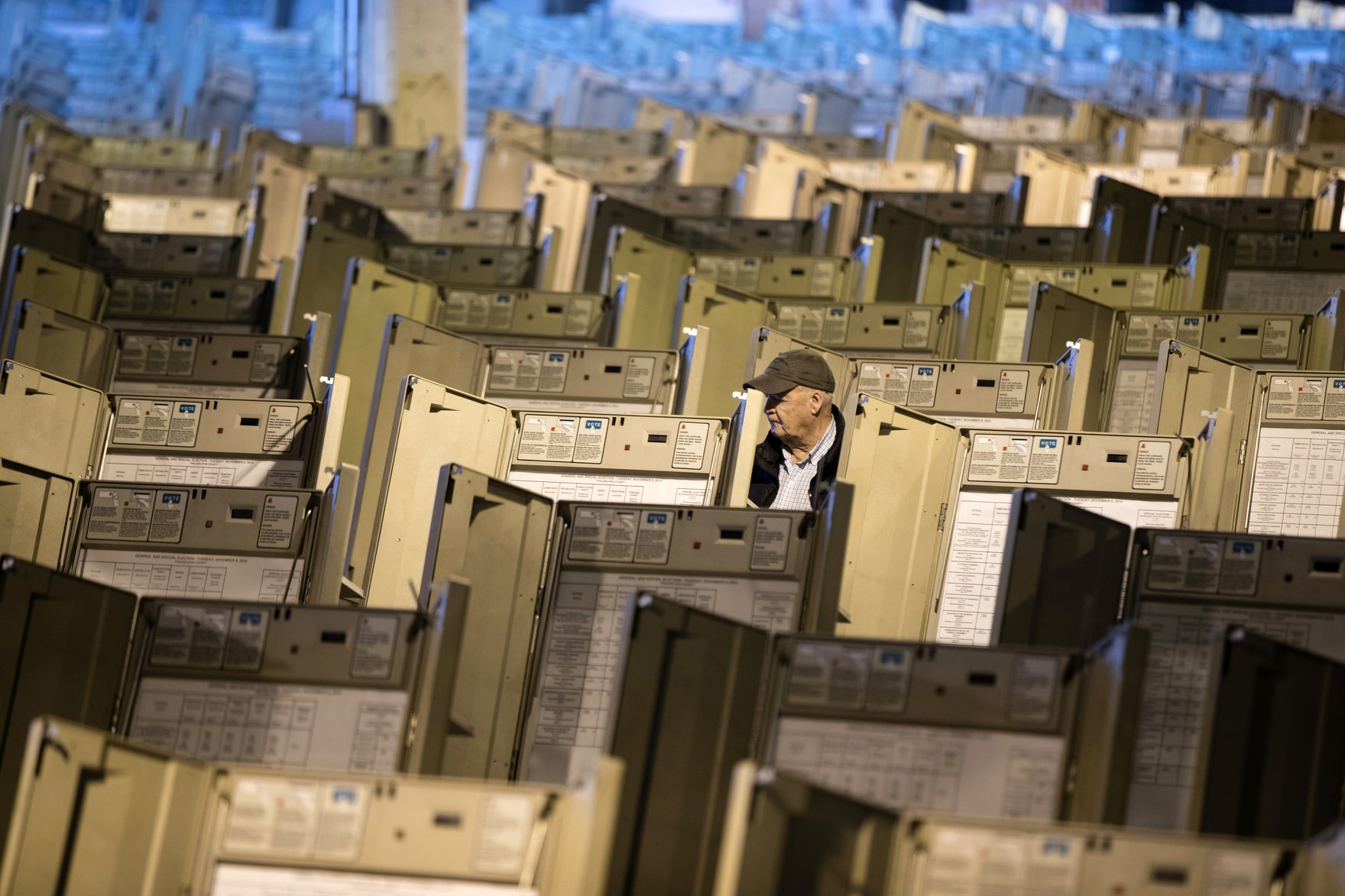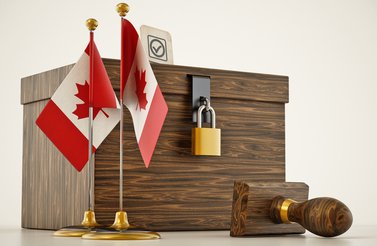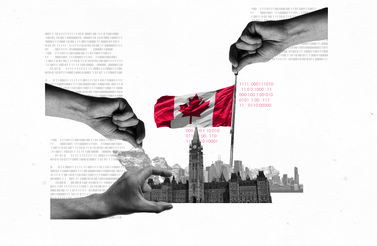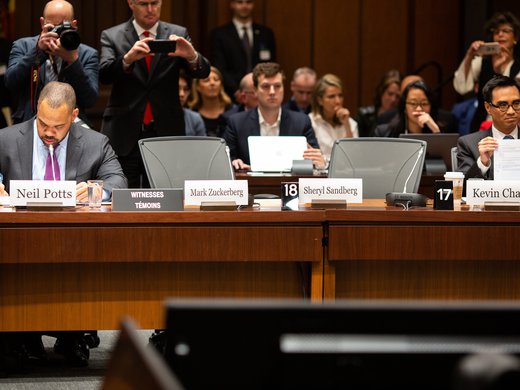The high-profile Russian meddling in the 2016 US presidential election shone a light on the vulnerability of democracies and how easily they can be disrupted or distorted by foreign interference. Since then, we have become painfully aware of two new realities: first, it is not only Russia that is determined to interfere with democratic elections; and second, the United States is not the only target of malign foreign meddlers.
In fact, with more than 20 democracies planning elections before December 2020, resilience to interference must be explored at an international level. The Transatlantic Commission on Election Integrity (TCEI) plans to take on this task.
It is not only Russia that is determined to interfere with democratic elections, and the United States is not the only target of malign foreign meddlers.
The TCEI, housed in the Danish non-governmental organization Alliance for Democracy, has developed an Elections Risk Monitor that helps to determine a nation’s preparedness for foreign interference by examining three specific areas: legislative frameworks as they relate to election integrity; cyber security strategies for dealing with external threats; and media environments, including incidences of disinformation and the presence and prominence of hostile external participants in a country’s political discourse. There is a pressing need to analyze these national policies — democracy hangs in the balance.
Legislative framework: This analysis considers relevant legislation in a given country, which could include the regulation of political advertising, foreign financing for political and civic groups, social media advertising or data privacy laws. Scores could be awarded based on the presence or absence of a given legislation and its strength or enforceability, both during the campaign and on election day.
Cyber security strategy: In the TCEI’s considerations of cyber security strategies, a country’s cyber domain at large goes under the lens, from cyber defence of key election infrastructure, to the security of electronic voting systems, to a country’s history of foreign-led cyber attacks.
Media environment: The scoring for this theme will be developed using various artificial intelligence tools to better understand how media (both traditional and social media) is driving public debate in the run-up to a nation’s election. The tools would also consider if (and how) specific content is part of an effort to influence the election from abroad. This analysis will also highlight the ability of certain issues to permeate social networks; how pro-Kremlin groups or politicians can drive major debates or the presence of disinformation in traditional media.
Ideally, the Monitor, once applied to a number of democracies, will frame the discussions on election interference, and the policies meant to regulate it. Those discussion can begin in Canada, where a federal election is on the horizon.
As part of my responsibilities as a TCEI member, I led the preparation of the Election Risk Monitor: Canada, which applied the TCEI lens to Canada’s readiness. Indeed, there is good reason to believe that Canada is very much in the sights of those who would, for malicious reasons, sow confusion in the Canadian electorate, inflame political debate, distort public perceptions and generally undermine democracy through misinformation, deceit and lies. While Russia is the most active and determined offender, others are not far behind.
The TCEI Monitor identities many important steps that the Canadian government has already taken to defend the integrity of elections. At its Ottawa meeting on April 29, the TCEI heard directly from the Honourable Karina Gould, Minister of Democratic Institutions, about the new legislation that strengthened the Canada Elections Act, as well as the several innovative policy initiatives the minister has led.
The TCEI expressed admiration and support for Minister Gould’s efforts and those of the Trudeau government. But there was one area where the TCEI felt that more needs to be done in Canada: the regulation of social media. The minister is considering such regulation, but it will not be in place before the federal election in October 2019.
Even with regulations in place (the Monitor identifies several potential regulating measures) the question will become: how can nations enforce those regulations? What enticements and punishments would be effective in getting social media companies to comply?
It is well known that those companies are “cash rich.” Fines, even in significant amounts, may be regarded as little more than the cost of doing business.
One of the proposals contained in the TCEI’s Monitor recommends that senior corporate leaders take on personal liability if their company — say, a social media platform — fails to comply with government regulation. In other words, corporate leaders should be required to personally certify that their company has complied with the regulations, and if it does not, the corporate leaders could face personal penalty, including the possibility of imprisonment. Such a prospect would surely attract the rapt attention of chief executives and other senior officers, and inspire greater care and attention to issues of compliance.
Of course, that is just one recommendation for better regulating a complicated environment of foreign interference and waning election integrity globally. The TCEI’s latest Monitor must be considered alongside the assessments of resilience in other countries. By identifying vulnerabilities and common threats across democracies, the TCEI hopes to recommend best practices that can be adapted and adopted for a number of democracies. Efforts to uphold election integrity will surely take place at the national level, but given the global reach of cyber attacks, disinformation and social media companies, international cooperation is necessary in protecting democracy from malicious interference.





